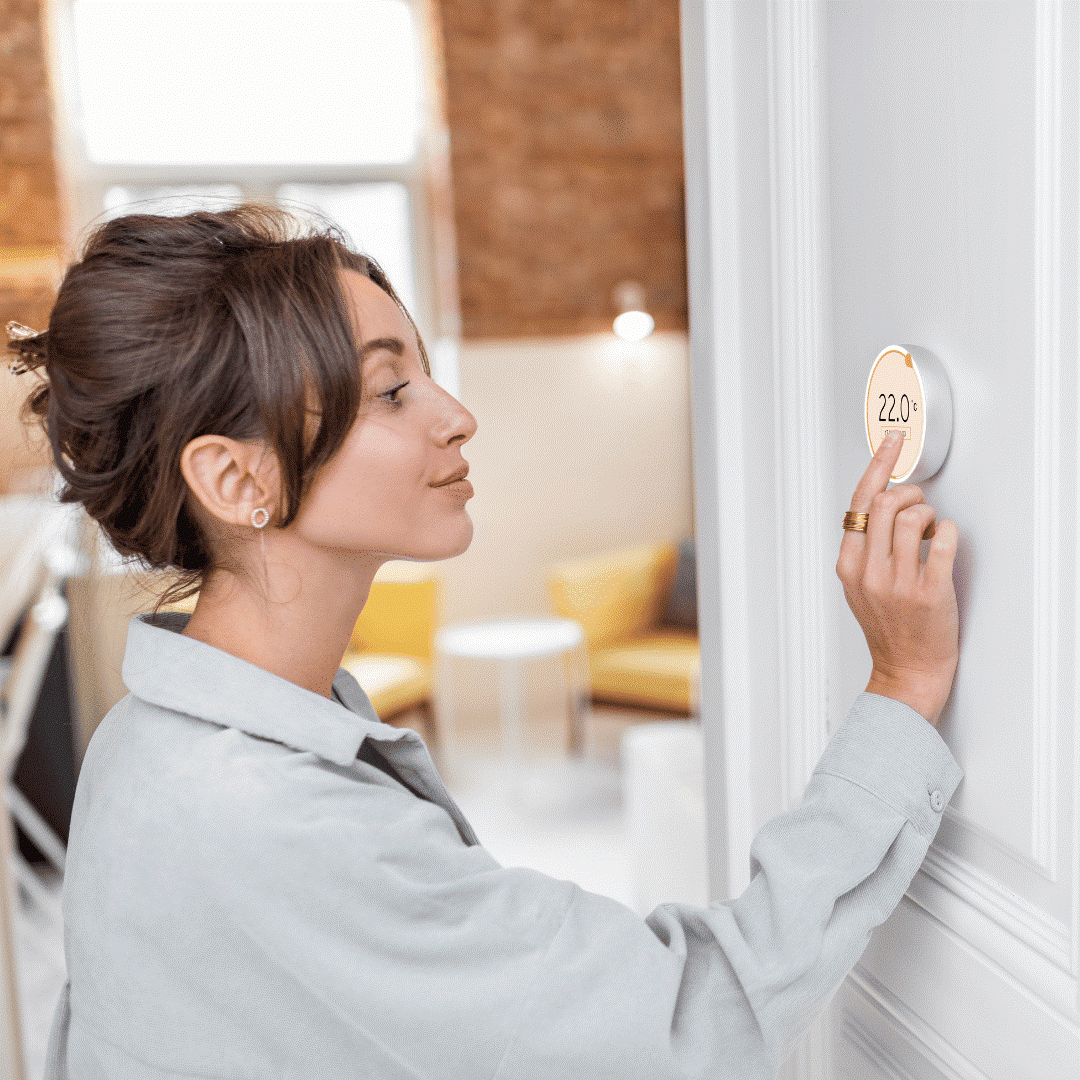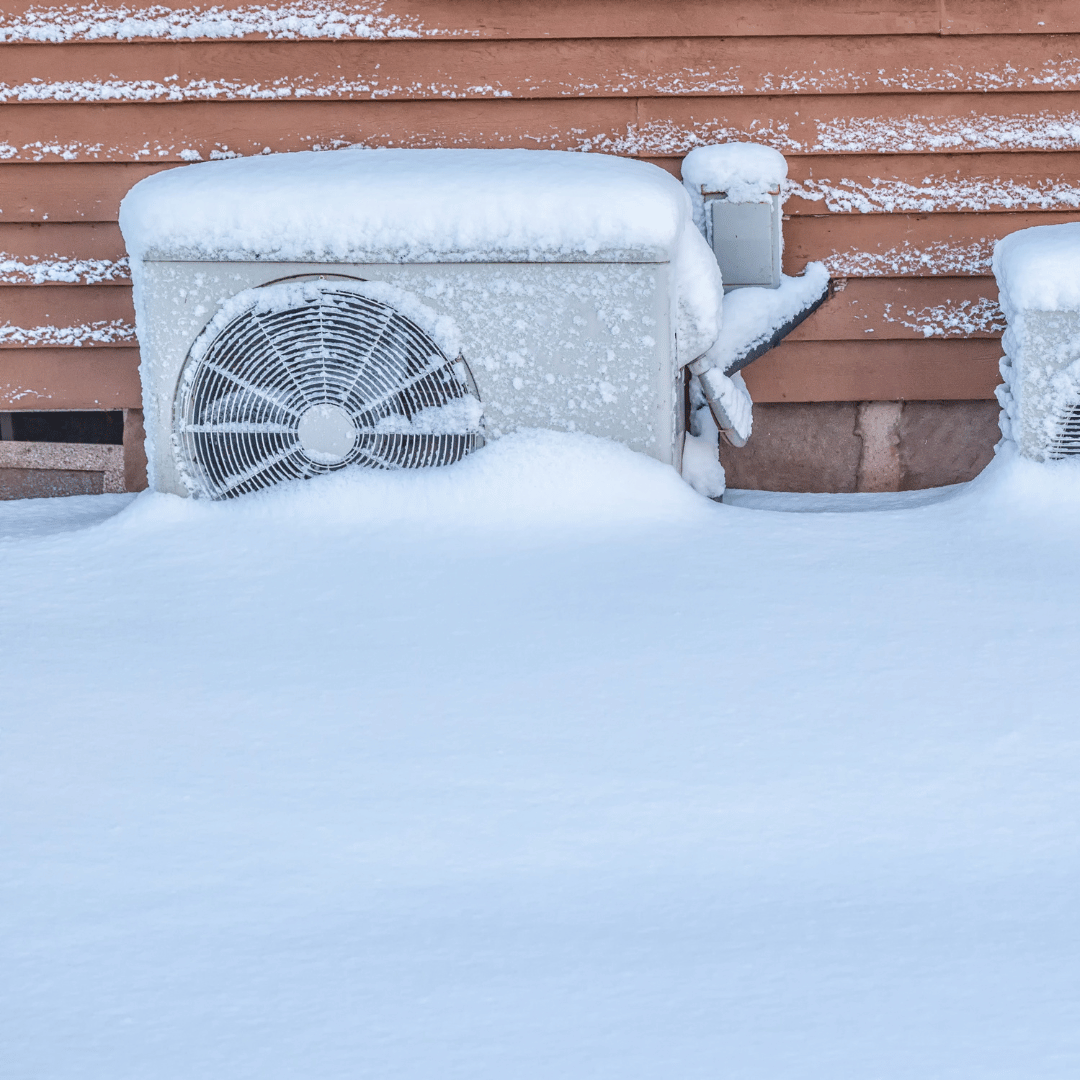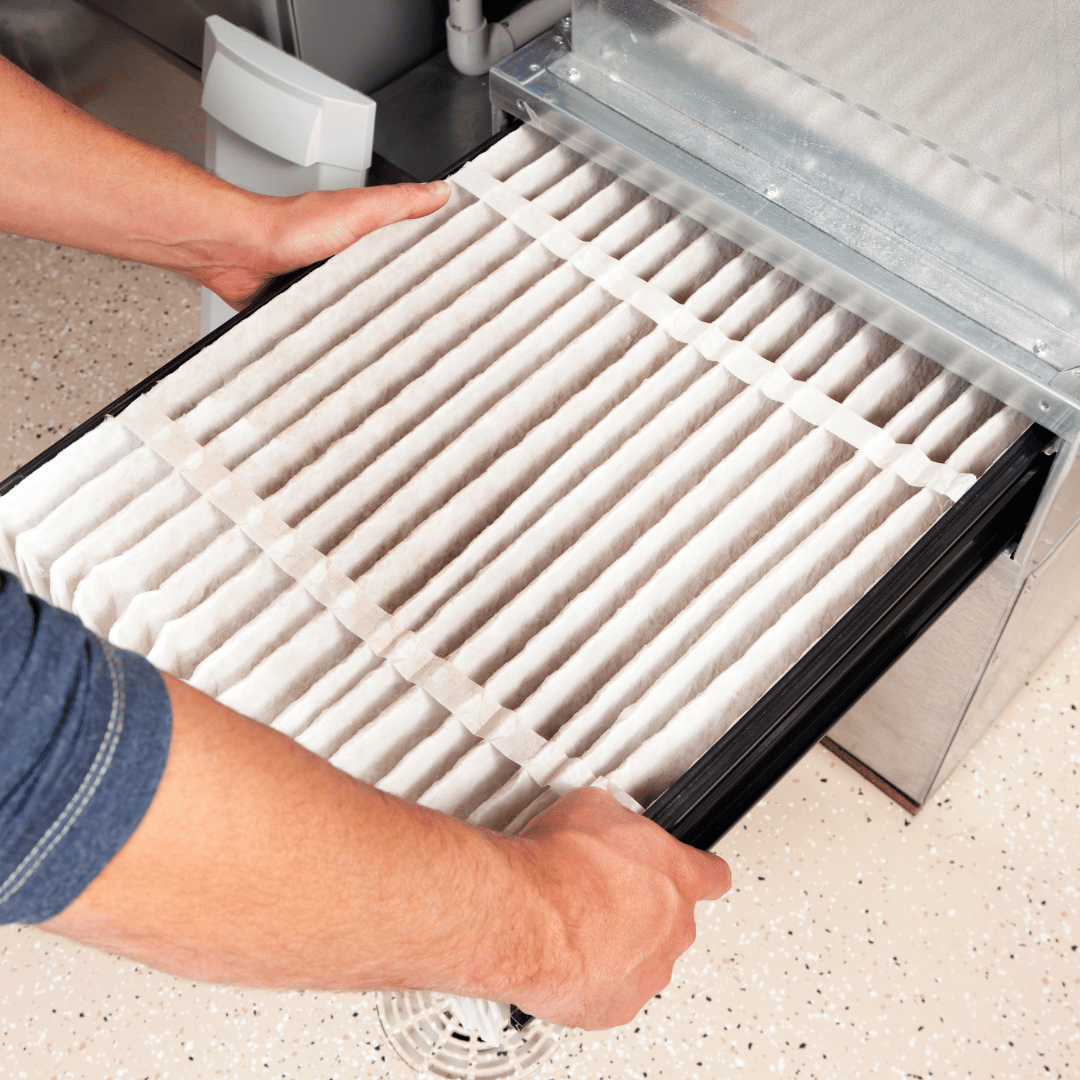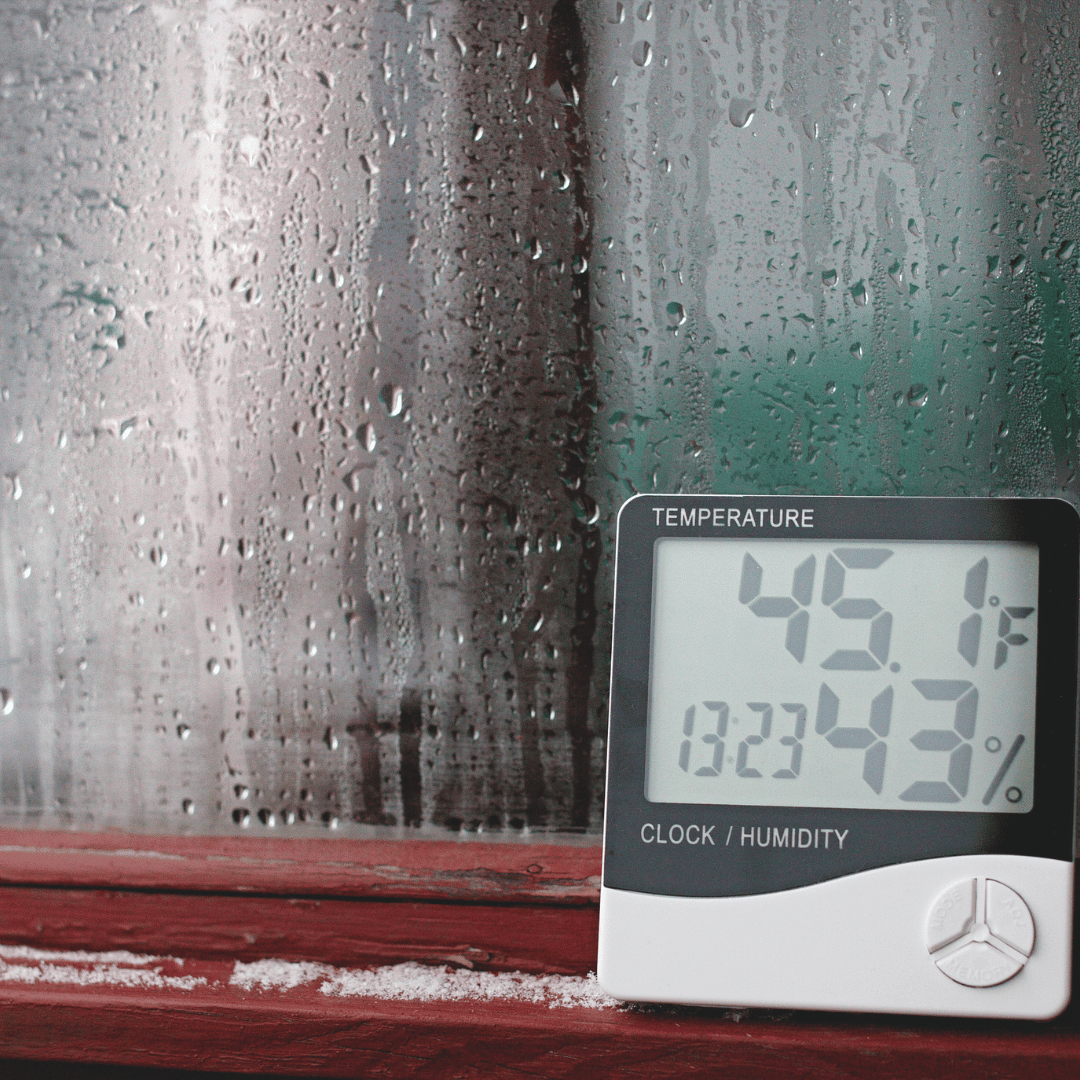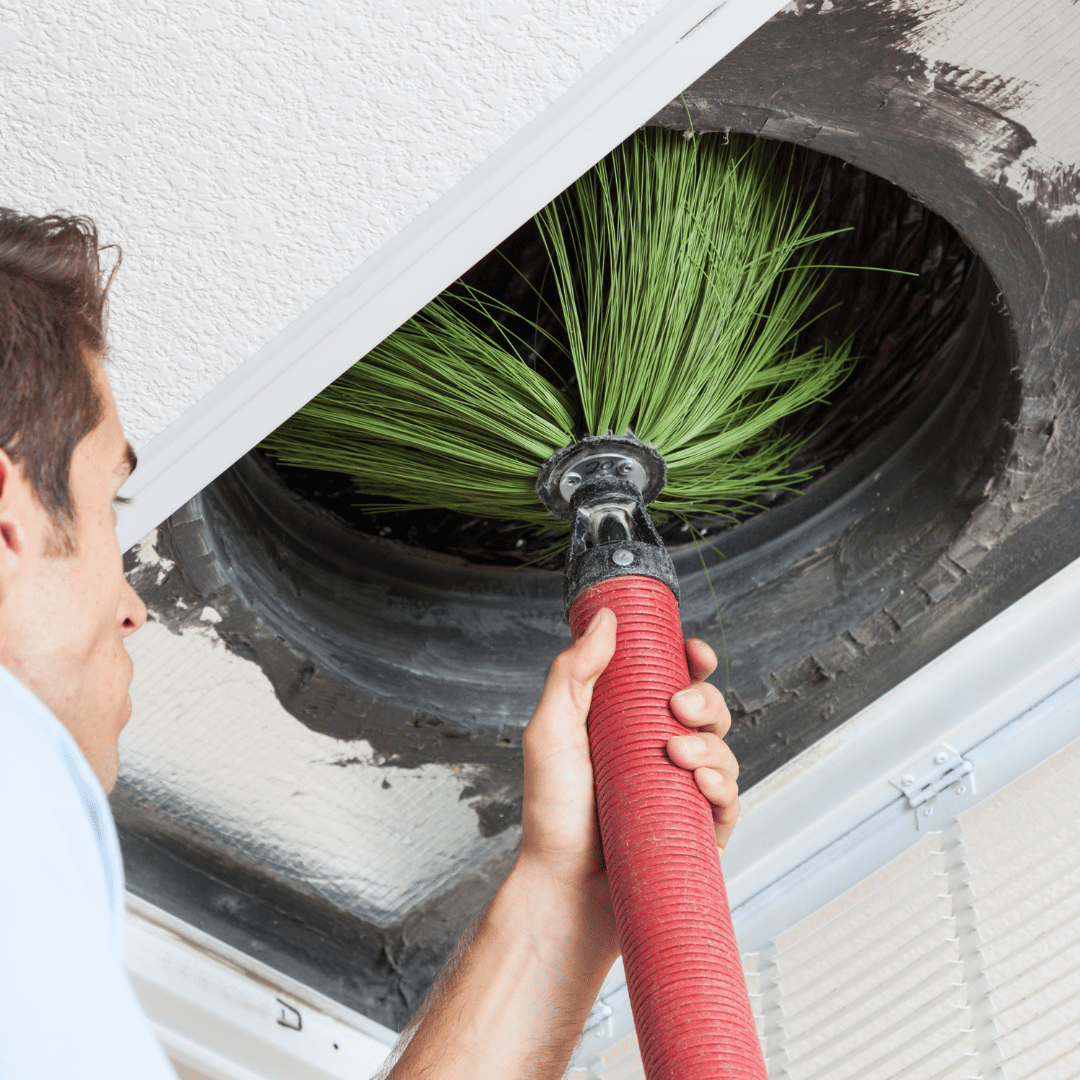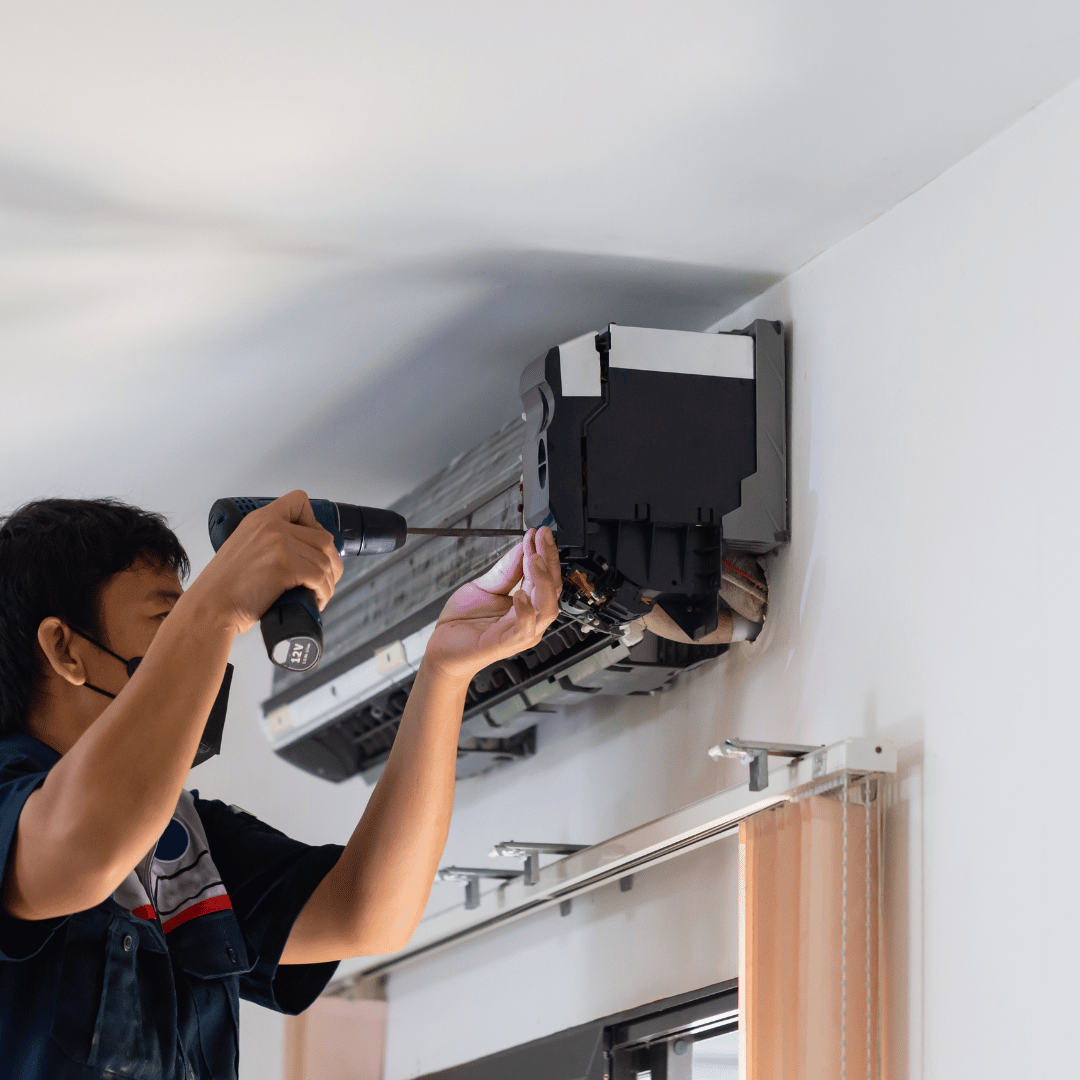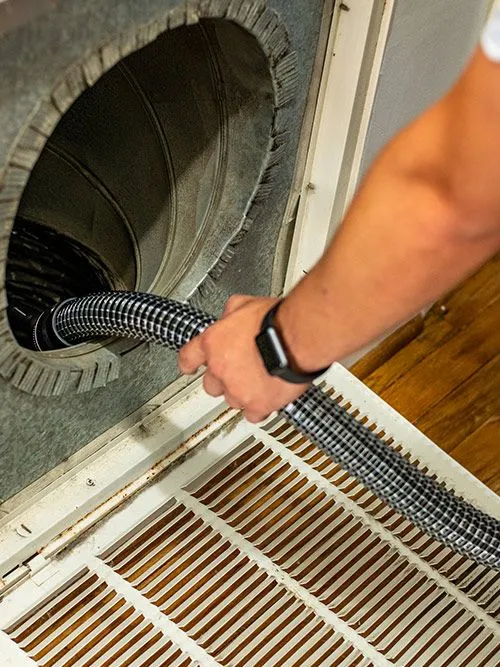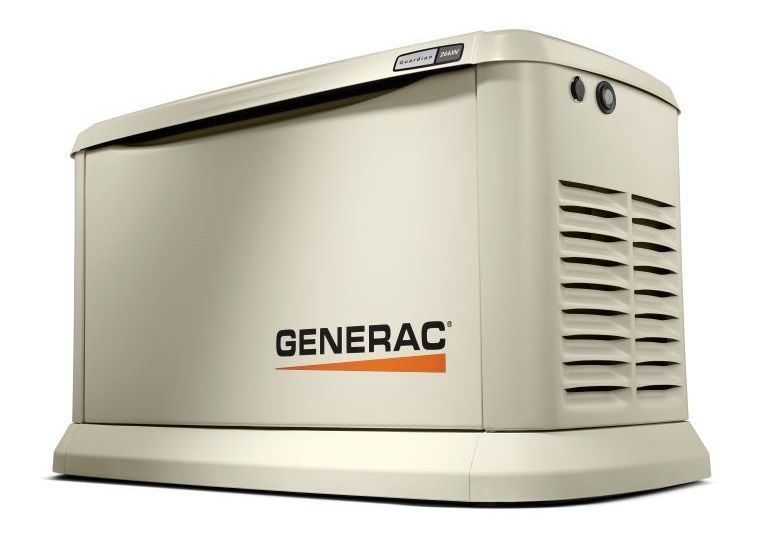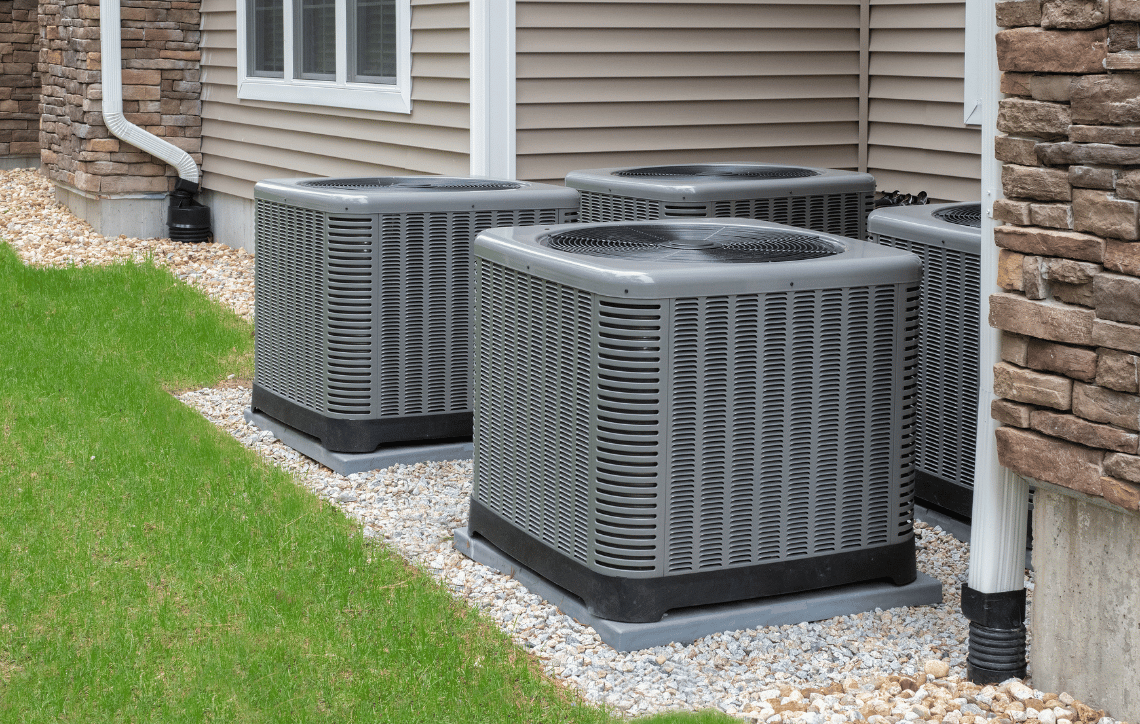Maximizing Your Home's Efficiency: The Importance of a Home Electrical Panel Upgrade
In the quest for a more energy-efficient and safe home, many overlook the heart of their electrical system—the electrical panel. This unsung hero, often hidden away in basements or utility closets, is crucial in distributing power throughout your home and protecting your family from potential electrical hazards. Today, we’ll explore why an electrical panel upgrade is a pivotal step in maximizing your home's efficiency and ensuring safety.
Understanding Electrical Panels
An electrical (or breaker) panel is the central hub where electricity from the power grid enters your home, distributing it to various circuits across different sections. It features circuit breakers for energy management and safety, preventing electrical overloads or faults from damaging your home.
However, with the advancement of technology and our increasing reliance on numerous gadgets, older panels may struggle to keep up, leading to inefficiency and safety risks.
Recognizing the Need for an Upgrade
Several signs indicate it's time to consider an electrical panel upgrade.
Frequent breaker trips
Frequent power outages suggest your home's energy needs aren't met, posing a safety hazard. Old electrical panels may struggle with modern appliances and electronics, leading to regular breaker trips.
Overloaded circuits
If you find yourself constantly using power strips or extension cords because there are not enough outlets in your home, it's a sign that your panel is outdated. Overloading circuits can also lead to overheating and fire hazards.
Outdated Panel
Consider upgrading your electrical panel if your home is over 20 years old. Older panels may not meet current safety standards and pose significant fire hazards. The National Fire Protection Association identifies electrical failures as the leading cause of home fires. Upgrading your panel is a proactive step towards safeguarding your home against such risks.
Older home
If your home still uses a fuse box or an outdated panel, it may not be equipped to handle the energy demands of modern living. Even if you have removed the old fuse boxes a long time ago, your circuit breakers may still need to be replaced because they are outdated.
If you notice any sparks or burning smells coming from your electrical panel
Replace electrical panels if you smell or see sparks. Upgrading the system provides better protection and more power outlets. Although many homeowners avoid an upgrade due to the initial expense, it’s a small price to pay in exchange for improved safety and energy efficiency.
If your electrical panels are no longer approved by the local jurisdiction
If anything threatens your household's electrical safety or efficiency, act immediately. If your wiring is outdated, it's crucial to upgrade to prevent potential damage from unreliable power supplies. Hiring a licensed electrical technician is necessary.
Benefits of Upgrading
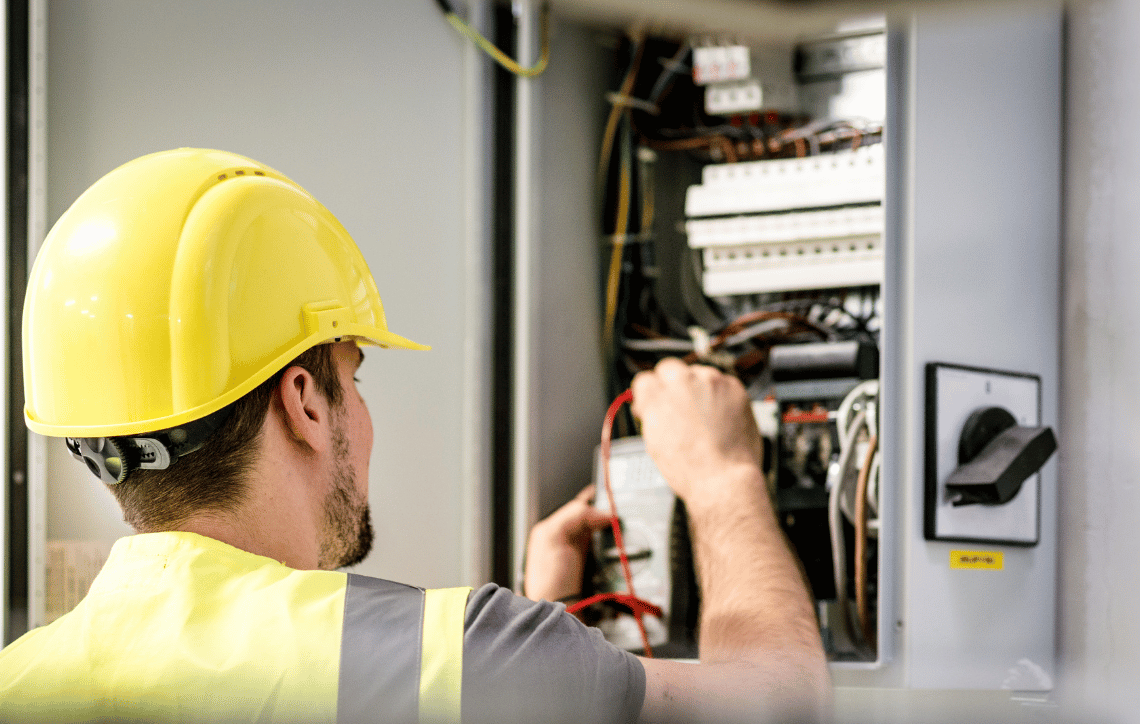
Improved Energy Efficiency and Cost Savings
Upgrading your home electrical panel can significantly improve your home's energy efficiency. Modern panels are designed to handle higher capacities, reducing the strain on your system and allowing for smoother distribution of electricity. This not only cuts down on wasted energy but can also lead to noticeable savings on your electric bills.
Enhanced Home Safety and Reduced Fire Risk
Old or outdated electrical panels can pose serious safety risks, including the potential for electrical fires. Upgrading to a new panel increases the safety of your home by providing more precise circuit protection and the ability to accommodate modern safety standards, such as AFCI (Arc Fault Circuit Interrupters) and GFCI (Ground Fault Circuit Interrupters) breakers.
Support for Modern Home Technologies
Today’s homes are smarter and more connected than ever before. Modern lifestyles demand a lot from electrical systems, from high-definition televisions and home automation systems to electric vehicle charging stations. An upgraded panel ensures that your home can support these technologies, not just today but well into the future.
The Upgrade Process
Considering an upgrade starts with assessing your current and future electrical needs. This might involve calculating the electrical load of your home and determining whether you plan to add more appliances or a home addition. Choosing the right panel involves understanding both your current load and any anticipated increases in demand.
DIY vs. Professional Electrician Upgrades
While DIY is great for some home projects, upgrading an electrical panel should be left to professionals. This task involves high-voltage electricity and knowing local codes and permits. Professional electricians guarantee a safe and proper setup, offering peace of mind. Most homeowners avoid dealing with electricity due to its dangers. If you're unsure about doing it safely, hiring an electrical contractor is wise.
Choosing a Qualified Electrician
Choosing the right electrician is crucial to ensure a successful upgrade of your electrical panel. It is important to look for a licensed and insured professional with extensive experience in this area. Don't hesitate to ask for references and to verify their credentials. A qualified electrician will not only perform the upgrade safely but can also provide valuable insights into maximizing your home's electrical efficiency.
Your electrician can help you determine if you need a service upgrade. It's important to note that a panel upgrade often requires coordination with an electrical service upgrade, which is the responsibility of your utility provider. In some utility regions, this can result in delays of several months in scheduling the upgrade, which may impact the overall project timeline.
Cost Considerations- How to Save Money on Electrical Panel Replacement
You may save money on an electric panel upgrade with these methods, though prices can change unexpectedly. The upgrade cost varies based on your home's requirements and local labor rates. However, the benefits, including better efficiency, lower risk of damage, and increased home value, often outweigh the initial expense, offering significant long-term savings and ROI.
The price for upgrading your home's electrical panel depends on its location, installation complexity, and regional labor costs. Homeowners can generally expect to spend between $1,500 and $4,000. Despite the upfront cost, the advantages of enhanced safety, efficiency, and higher home value make it a worthwhile investment.
Can I upgrade my electrical panel without rewiring my house?
Yes, it is possible to upgrade your electrical panel without rewiring your house. However, it depends on the specific circumstances of your home and the recommendations of a professional electrician. In some cases, upgrading the panel may require minor wiring changes or updates to ensure compatibility with modern components. It's important to consult with a qualified electrician to determine the best course of action for your home's specific needs. Additionally, regular maintenance and upgrades to your electrical panel can help avoid the need for a full rewiring in the future.
Pros and Cons of Upgrading Electrical Panels
Pros:
Increase the output power within our home.
Protect against electrical failures.
Increase home resell worth.
Lower heating costs and fire danger.
Add additional outlets for appliances and devices.
Cons:
Can cause disruption.
Require a skilled electrician to install.
Can be more expensive upfront.
May require coordination with the utility provider for service upgrades.
Potential delays in scheduling due to high demand or regional regulations.
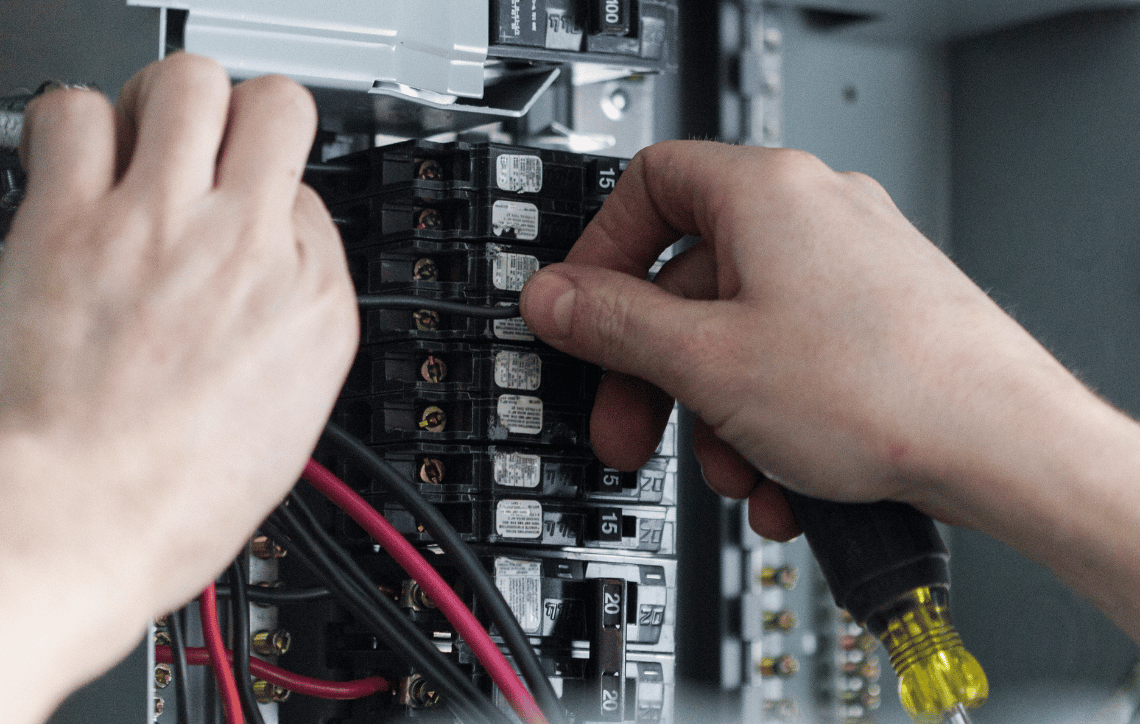
In today's world, technology and efficiency are highly valued, but it is essential to remember the heart of your home's electrical system. Consider upgrading your electrical panel to increase safety, efficiency, and technological capabilities, ensuring a future-proof home. It is important to consult with a professional to explore the benefits and ensure your home's electrical needs are met. This investment is crucial for energy efficiency and modern, connected homes. By recognizing the signs and working with a qualified electrician, you can navigate the upgrade process and ensure a safe and efficient home.
Are you ready to upgrade your home's electrical panel and take advantage of modern technologies and increased safety? Look no further than Salt Air Heating Cooling & Electrical. Our team of licensed and insured professionals has extensive experience with electrical upgrades, ensuring a smooth and efficient process for your home. Contact us today to schedule an assessment and see the benefits of upgrading your electrical panel firsthand.
